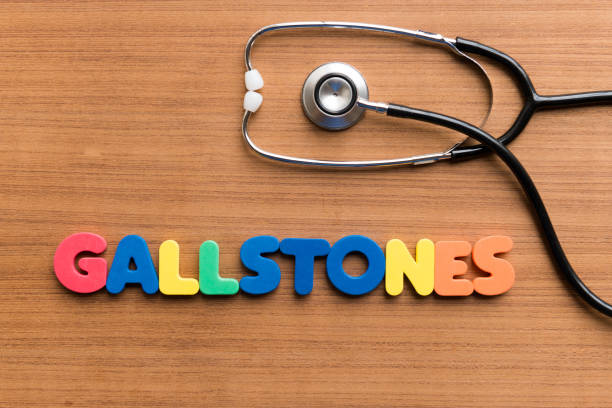Most people who deal with weight problems obsess about the number on the scale and want to drop it as soon as possible. Unfortunately, this is not always a good idea. You see, researchers confirmed over and over again that the best way to lose weight is through a slow, steady pace. The reason behind this recommendation is simple: lose weight too fast and you won’t be able to maintain it. Moreover, rapid lipolysis (i.e., fat burning) increases the risk of several adverse effects.

The last thing you want to happen after losing weight is to gain it back or get sick because of how fast the process was.
Read our popular article " Keto Vs. Paleo Diet: Which Diet Is Better For Weight Loss?"
To learn more about the consequences of rapid weight loss, keep on reading.
The downsides of rapid weight loss
It is definitely tempting to lose weight fast; however, this is not always the best idea.
You see, most diets that promote rapid weight loss consist of low caloric intake and poor nutritional value. As a result, you will be at risk of several health problems, including:
1. Muscle atrophy
Many people do not realize that weight loss is not synonymous with fat loss.
While calorie-restricted diets cause fat loss, a significant portion of that loss consists of water and muscle tissue.
The study included 25 participants who only consumed 500 calories per day over the course of 5 weeks. The other group had 22 people who consumed 1,250 calories per day for 12 weeks.
Researchers concluded that the first group lost over 6 times the amount of muscle relative to the second group.
2. Metabolic slowdown
Fast weight loss will inevitably slow down your metabolism.
The entire process boils down to the basal metabolic rate (BMR), which refers to the number of calories your body needs in 24 hours to maintain basic functions, such as breathing, digestion, and pumping blood.
BMR is subject to several factors that could either boost it or slow it down. These factors include age, gender, body type, height, weight, lean muscle mass, degree of physical activity, diet, and genetics.

Based on several studies, researchers found that rapid weight loss mediated by caloric deficit may lead to a 23% decrease in the number of calories burnt.
Scientists identified two primary reasons for slowed down BMR during a very low-calorie diet:
Muscle atrophy – as just mentioned, BMR is subject to your lean muscle mass. Consequently, muscle atrophy inadvertently leads to slower BMR.
Hormonal regulation – the main hormone that stimulates metabolism in the body is the thyroid hormone. Rapid weight loss mildly decreases the amount of circulating thyroid hormone (e.g., T3, T4), slowing down BMR.
Note that the drop in metabolism often persists after your finished dieting.
3. The formation of gallstones
Gallstones are hard pieces formed by different materials inside the gallbladder. Unfortunately, gallstone formation is a common side effect of rapid weight loss.

In general, the gallbladder releases bile, which is a special substance used to break down fatty food. If you are in a caloric deficit, bile and other digestive juices just sit in the gallbladder, leading to the formation of chemical bonds that constitute gallstones.
The consequences of gallstones include severe pain, indigestion, and infections (e.g., acute cholecystitis).
Takeaway message
Rapid weight loss carries numerous health hazards, including – and not exclusive to – the ones listed above.

